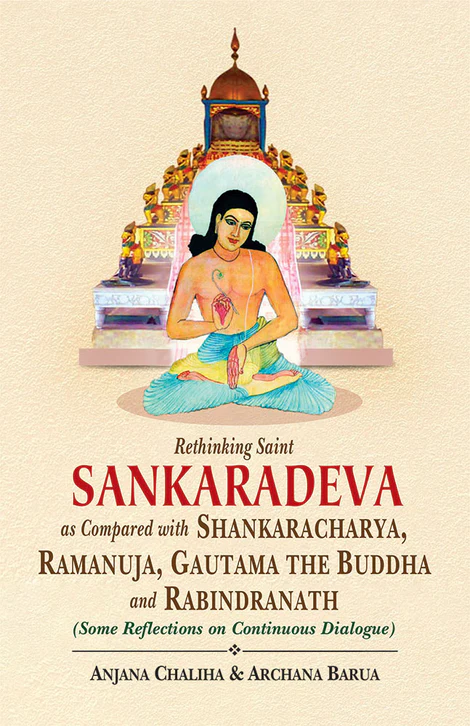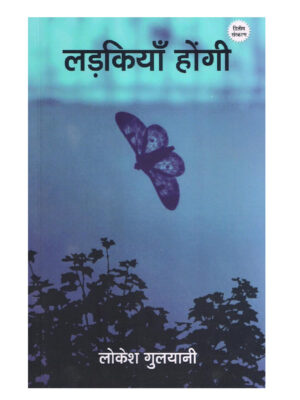Description
he book is on Saint Sankaradeva (1449-1556 AD), who propounded Neo-Vaishnavism in Assam. This multi-talented personality shaped the Assamese mentality to such an extent that even today he is felt as a living presence, at least in the Brahmaputra valley. He was mainly a religious reformer and a social scientist who provided a definitive pattern to socio- religious living. Though not an academic philosopher, the prolific writings of this saint-poet and the religio-cultural exercises taught by this scholar-musician echo the ancient Indian glories of the Upanishads and the Vedanta philosophy. This has led to an ongoing, long-continuing debate: “Is Sankaradeva a Shankarite or a Ramanujist?” Re-evaluating this versatile genius, comparing him with Gautama, the Buddha, and Rabindranath in addition to Shankara and Ramanuja, definitely sheds light on him from a non-partisan, objective perspective.
The book is authored jointly by two sisters who are retired teachers of Philosophy and were gold medalists in Philosophy from two different prestigious universities in India. The first part, written by Dr. Anjana Chaliha, an octogenarian and lifelong student of Philosophy, presents Saint-poet Sankaradeva in comparison with Shankara, Ramanuja, Gautama the Buddha, and the world poet Rabindranath, highlighting the basic similarities and differences in the Vedantic trends. The second part of the book, written by Dr. Archana Barua, continues the themes introduced by Dr. Anjana Chaliha, revisiting this highly relevant creative dialogue that reestablishes the fact that despite some apparent differences, there is much scope to find them as fellow travelers in the quest for deeper meaning in life. While seriously considering both the similarities and the differences, the overall message of this book is to show how this ongoing dialogue can never be one-sided, neutralized, or nullified, simply because the basic truth that our Sanatana Dharma represents remains a living and creative dialogue in its quest for the One that is called differently, Ekam Sat Viprah Bohudha Vadanti! This comparative study aims to improve the philosophical understanding of Sankaradeva’s readers. Written in a simple style, it will enable even common readers and students to gain a clear understanding of the Vedantic trends of Sankaradeva.









Reviews
There are no reviews yet.